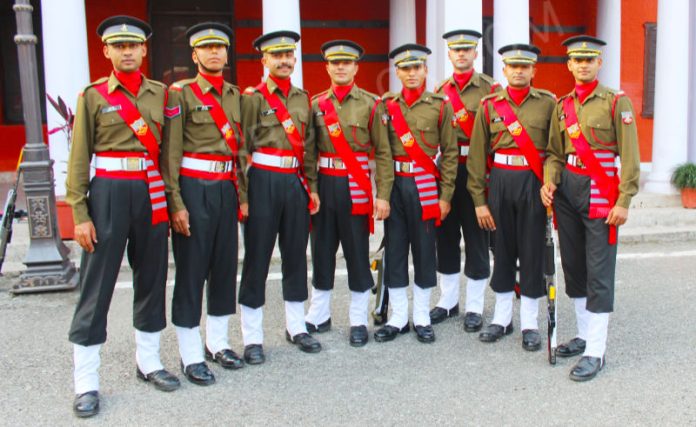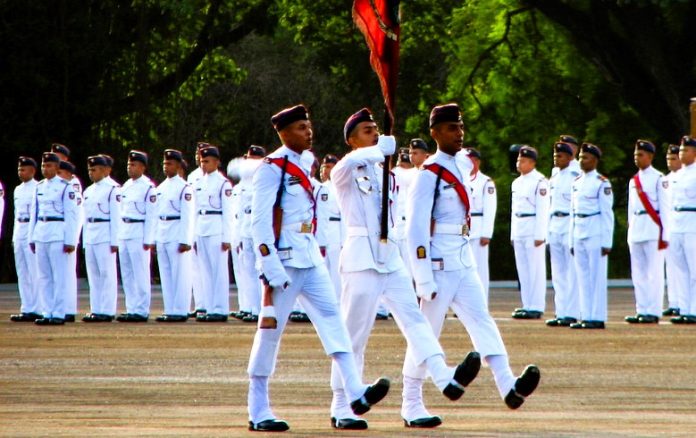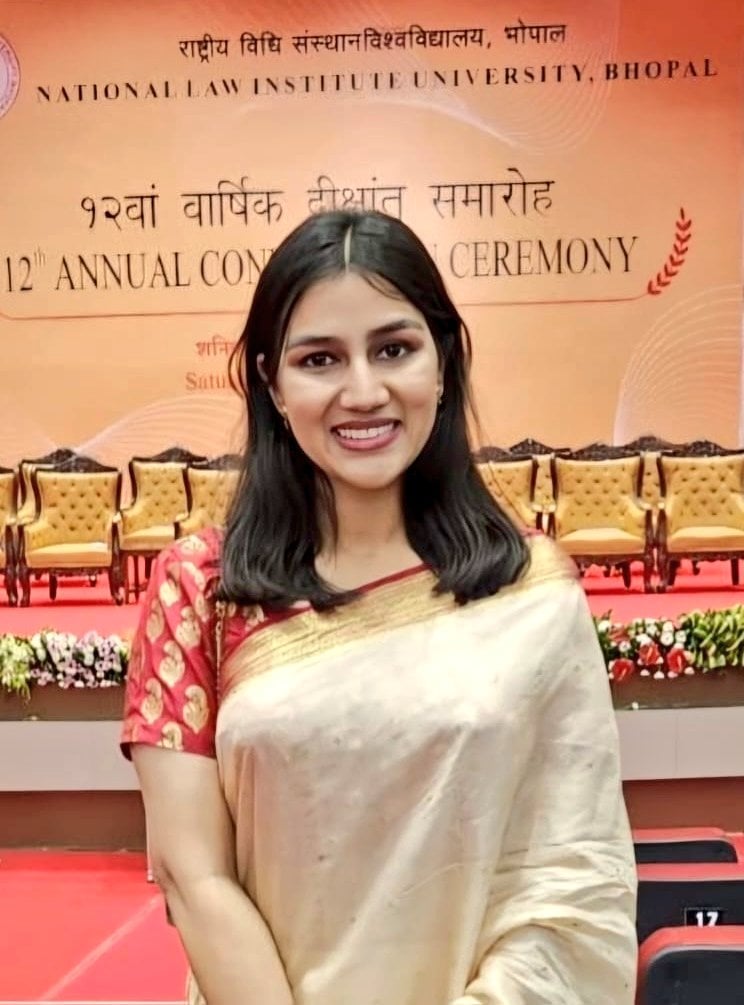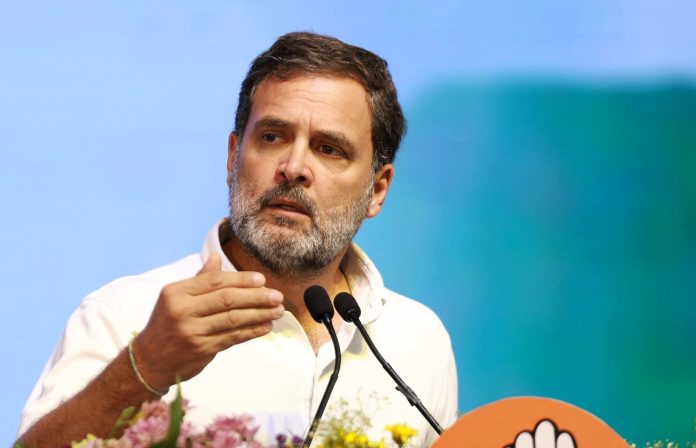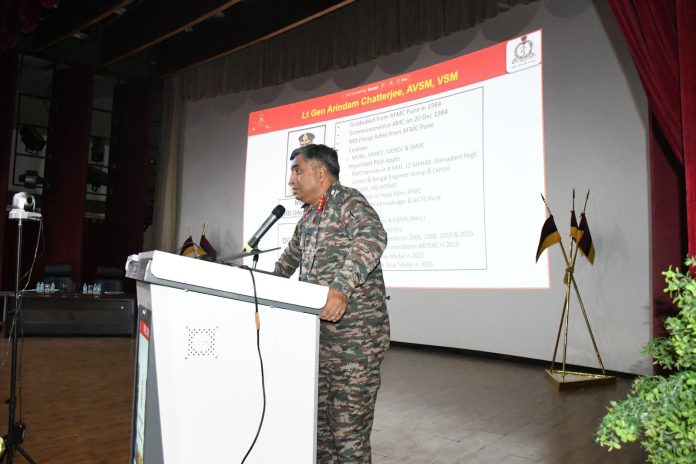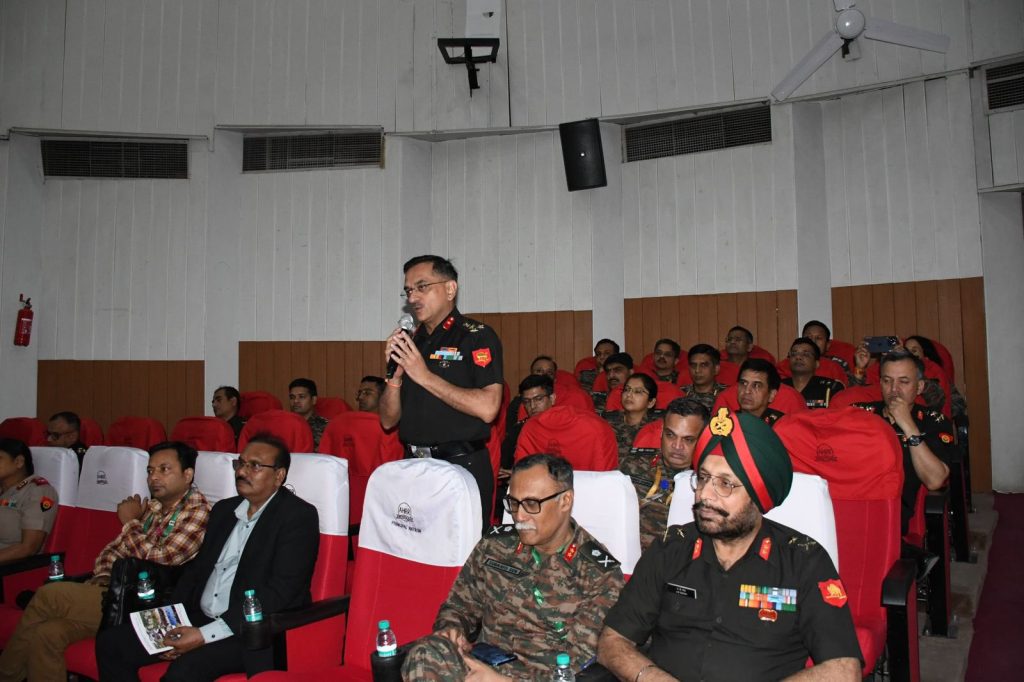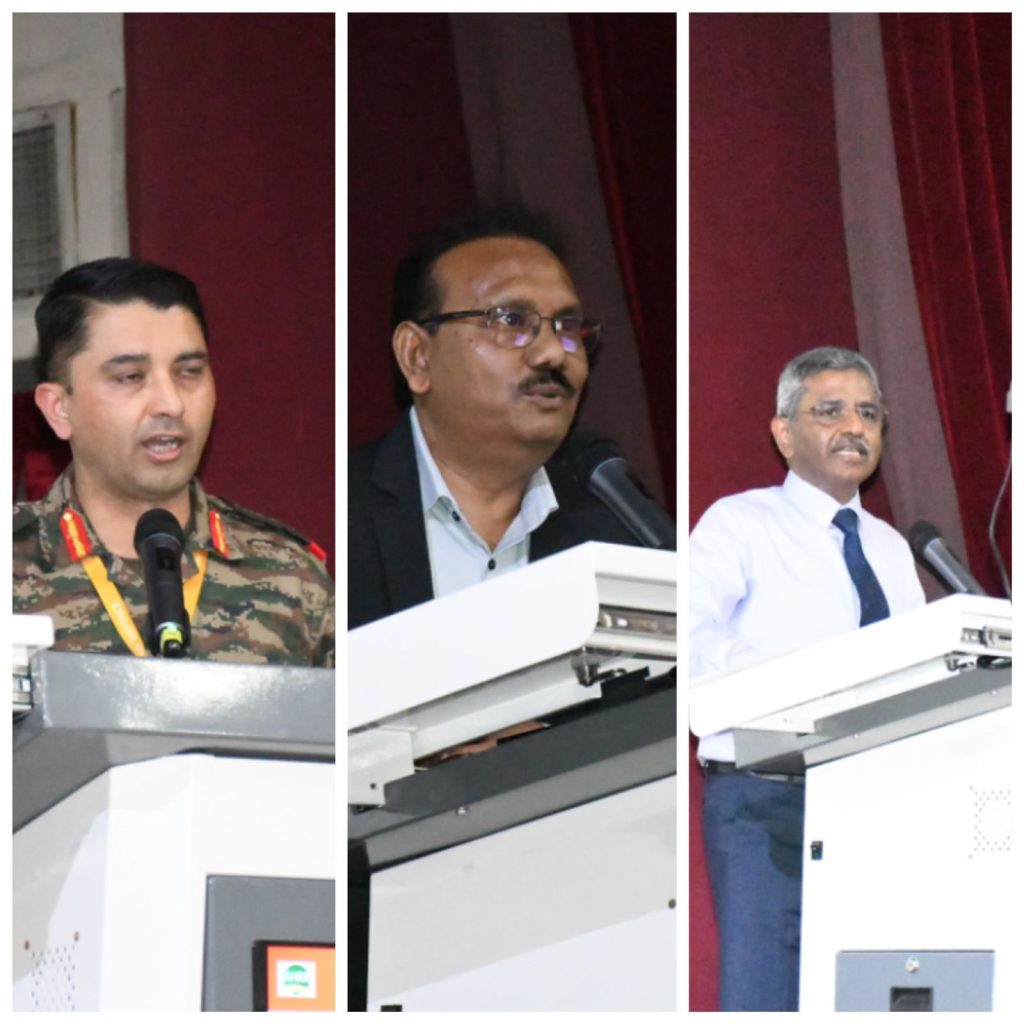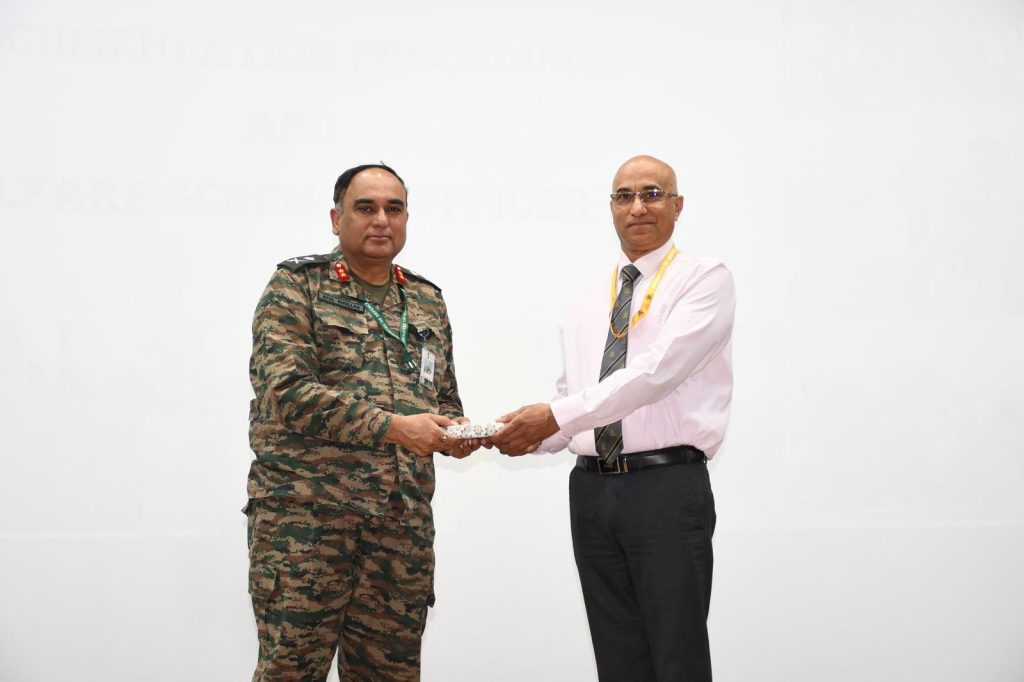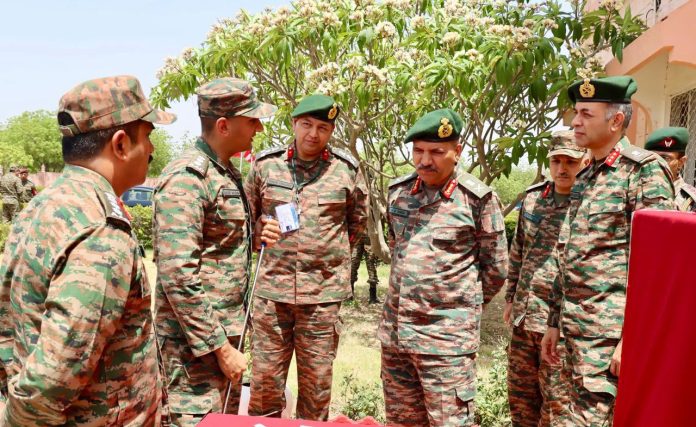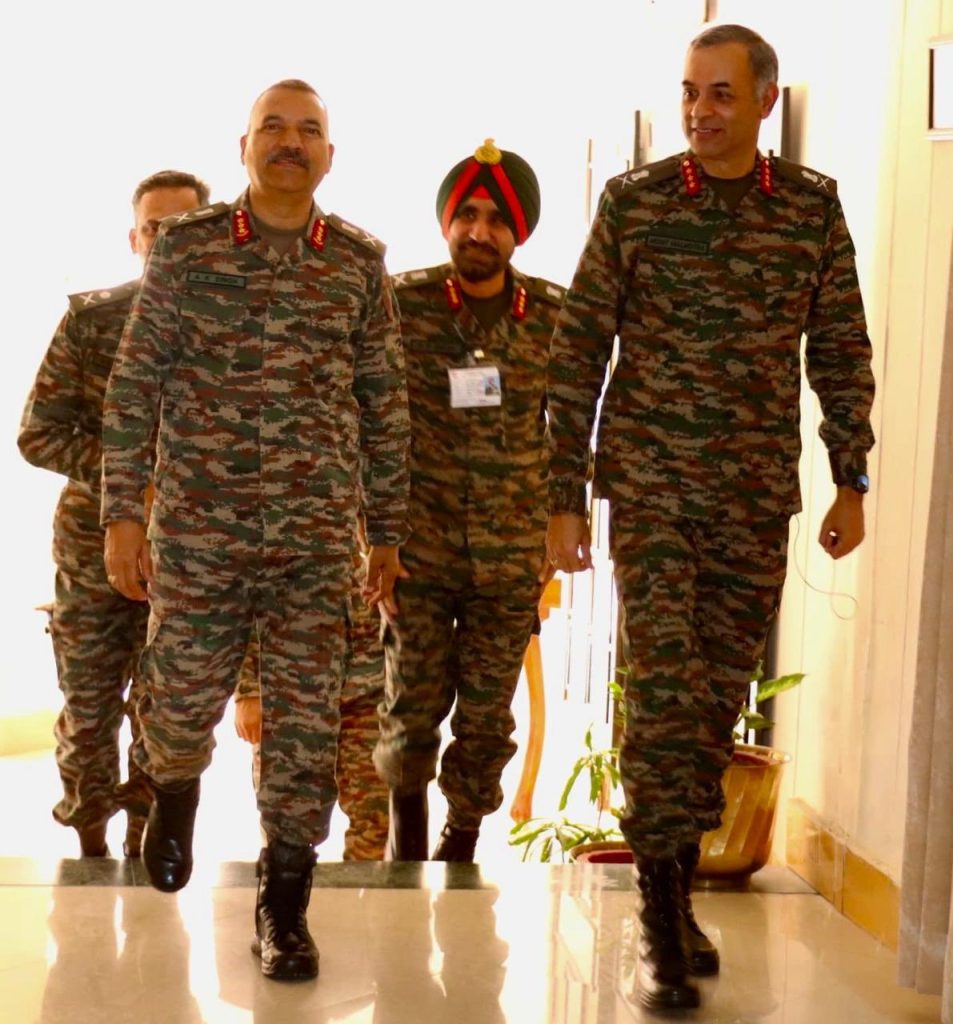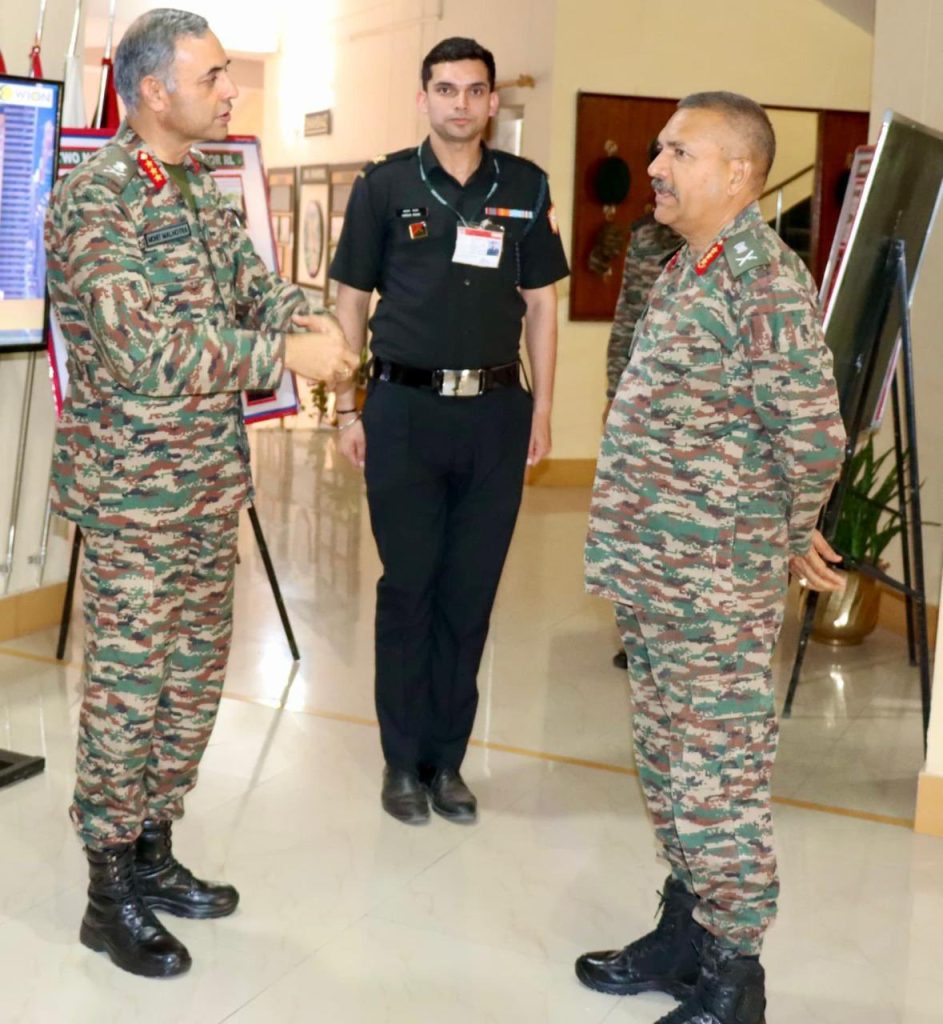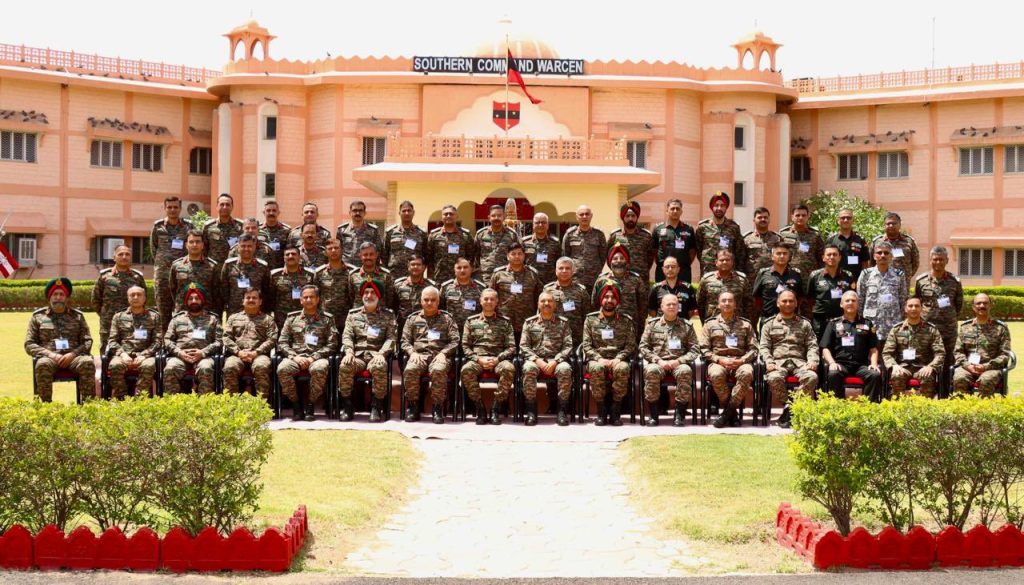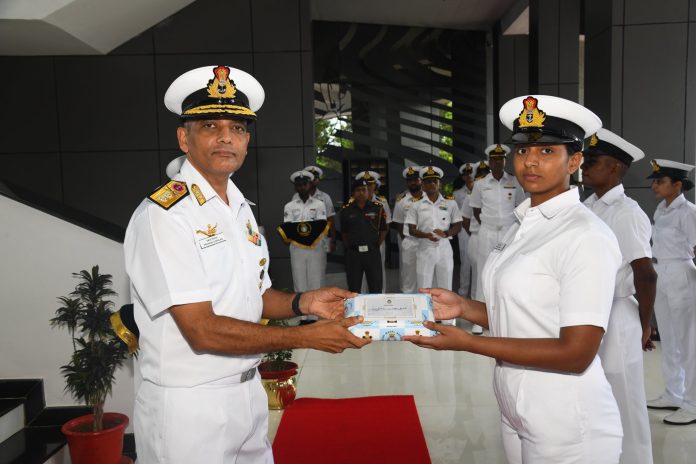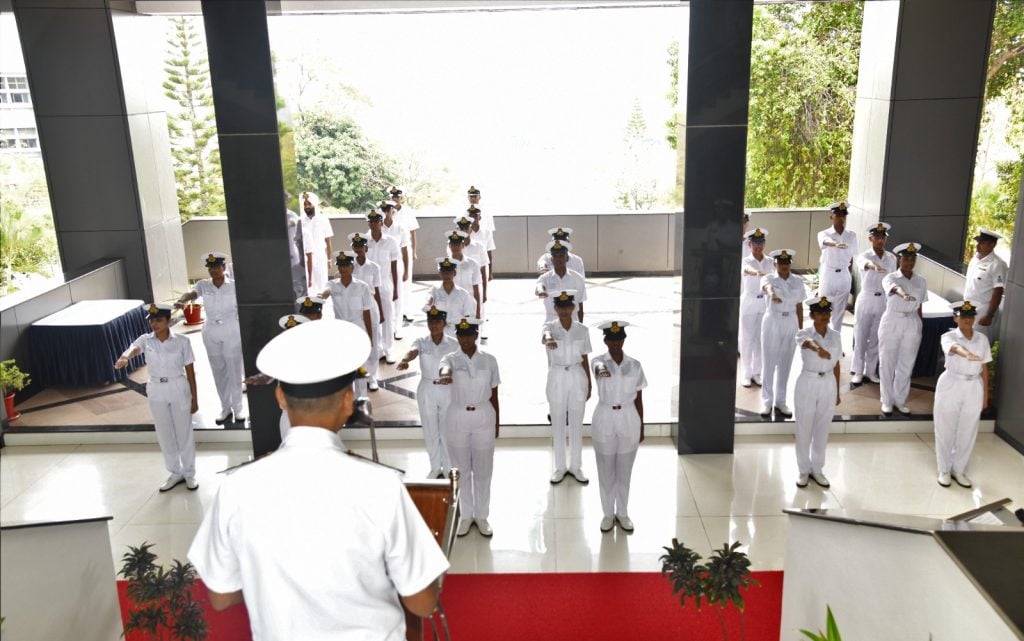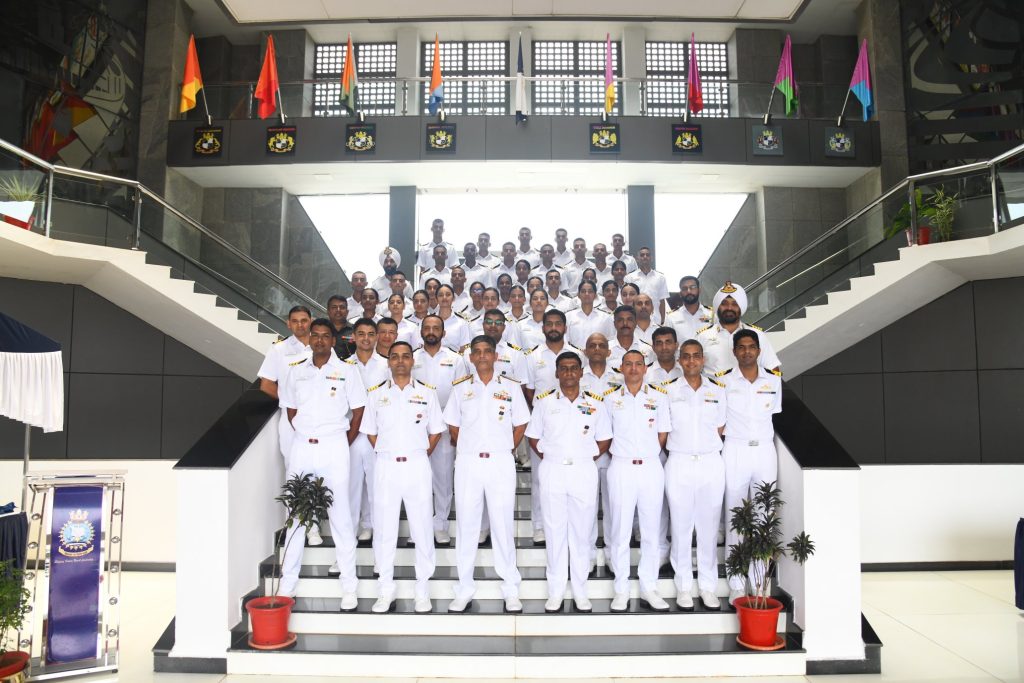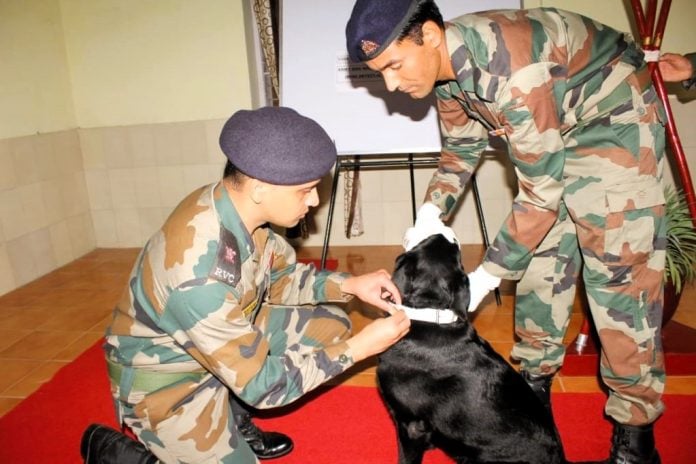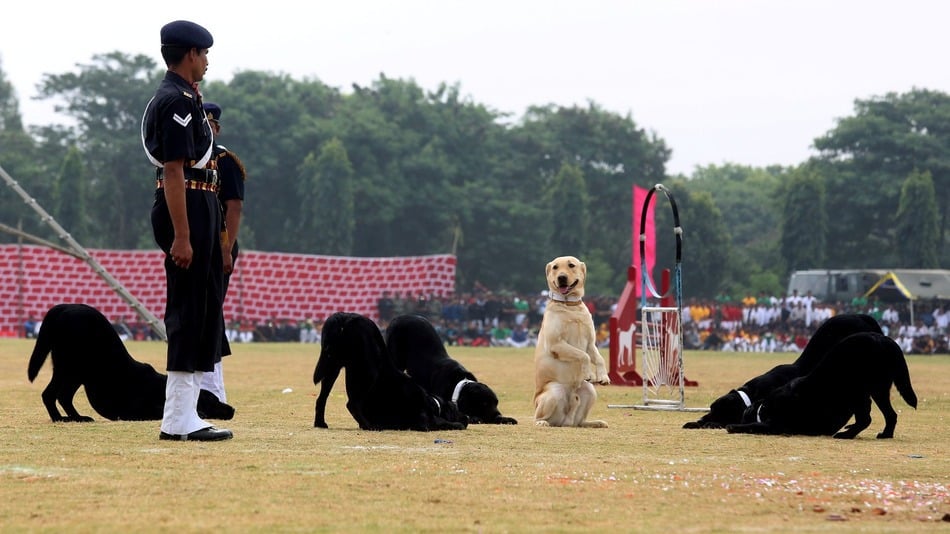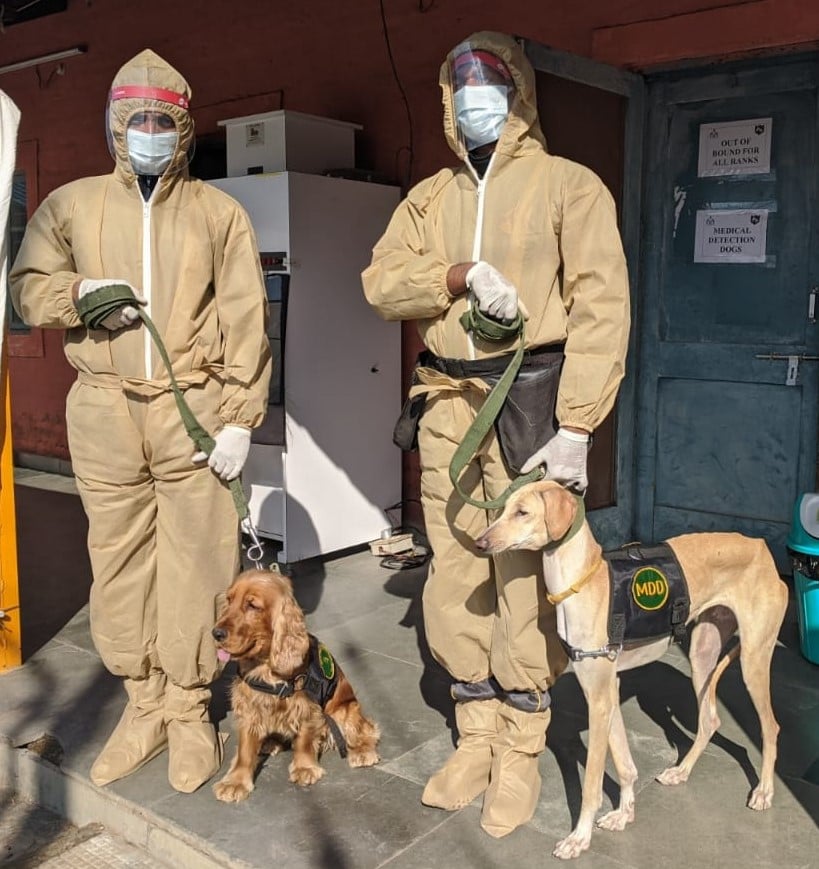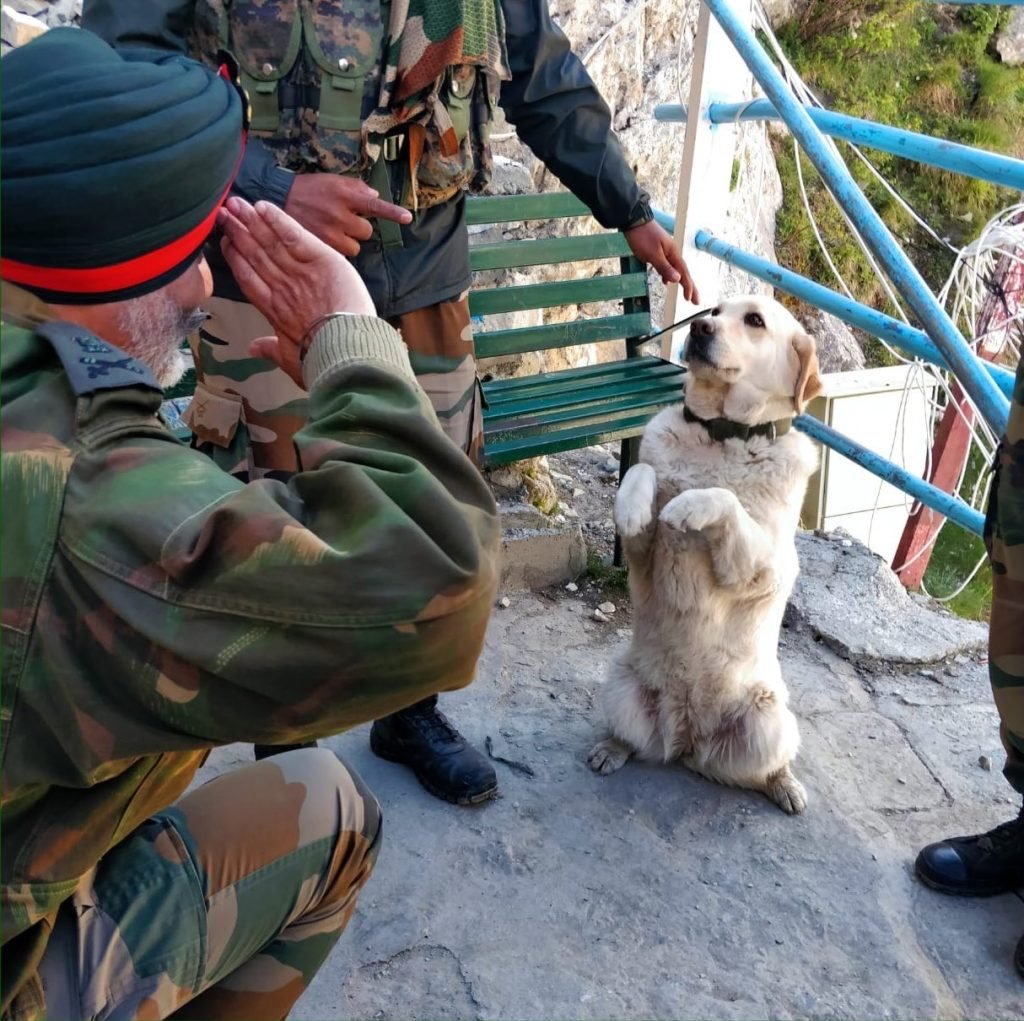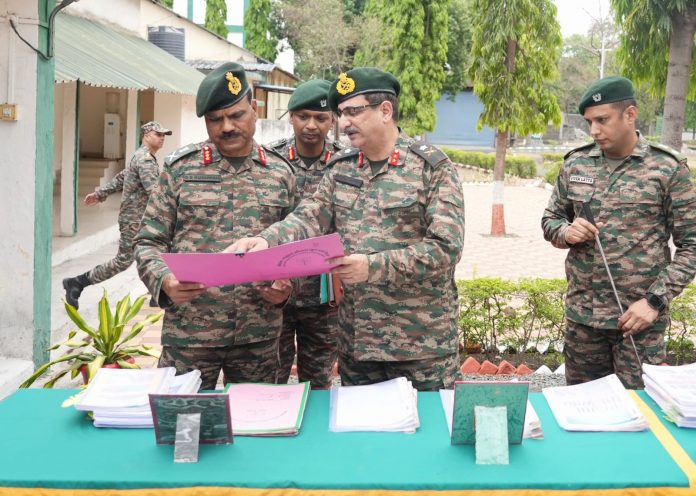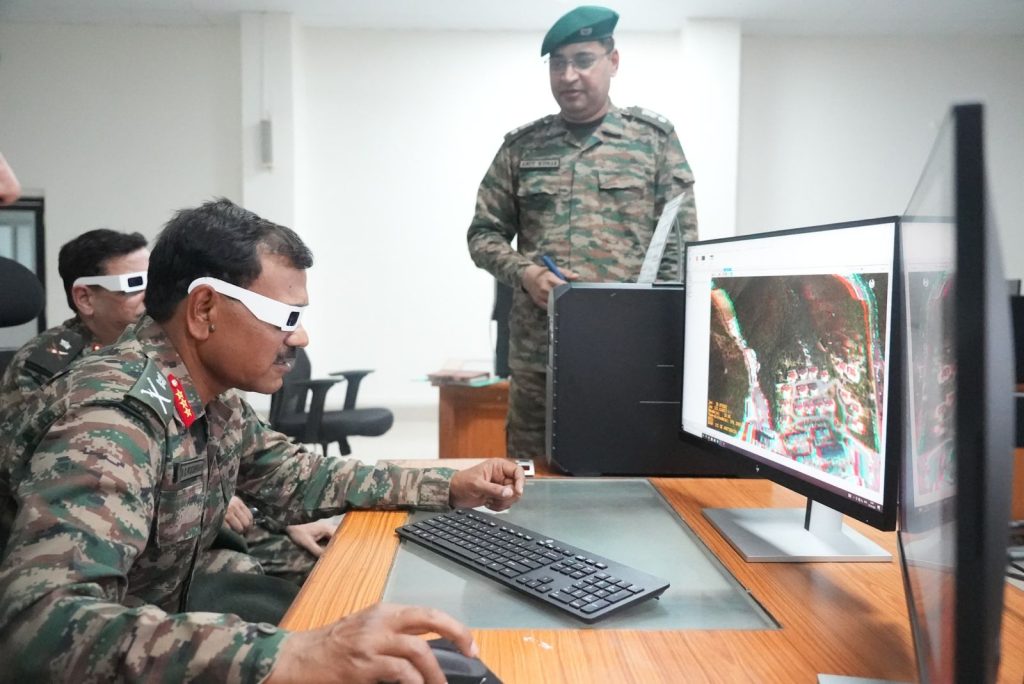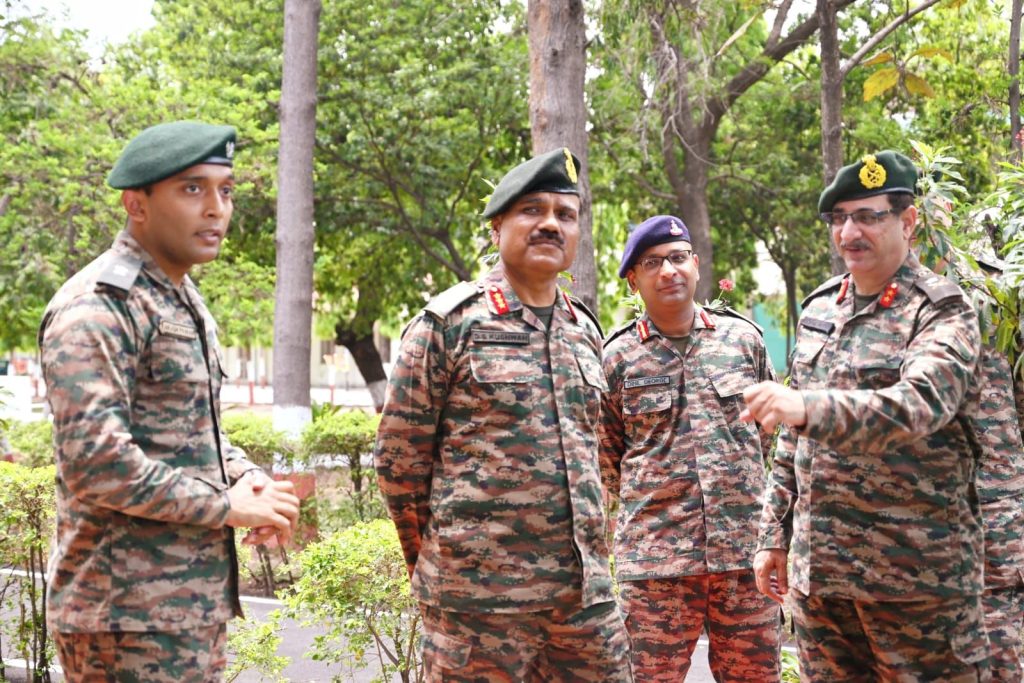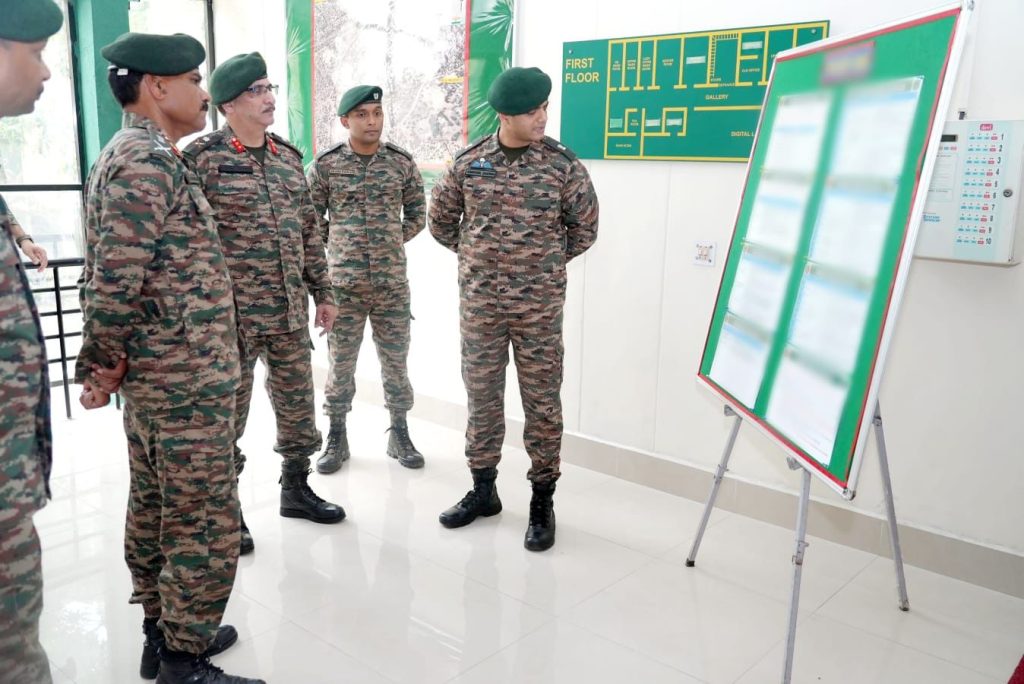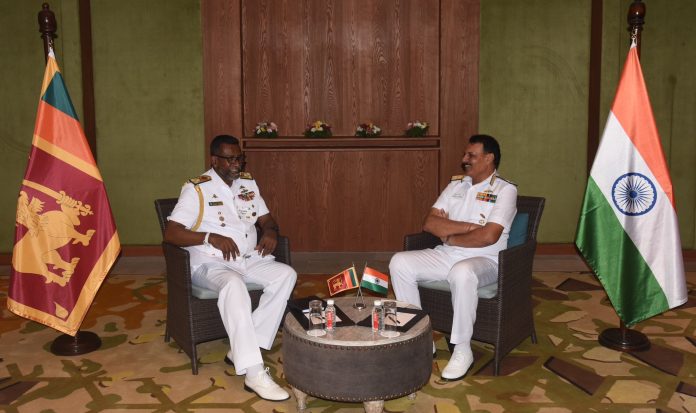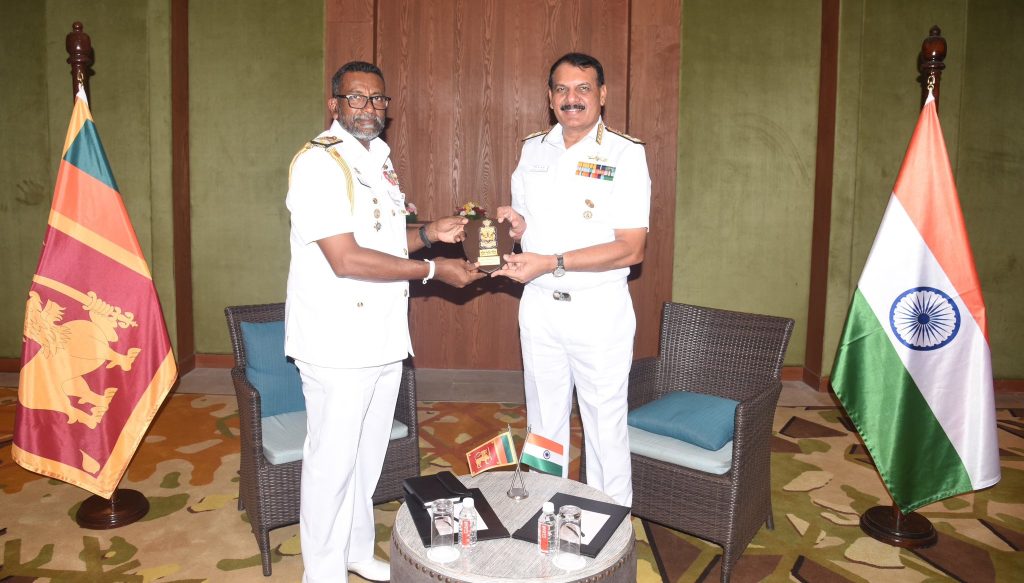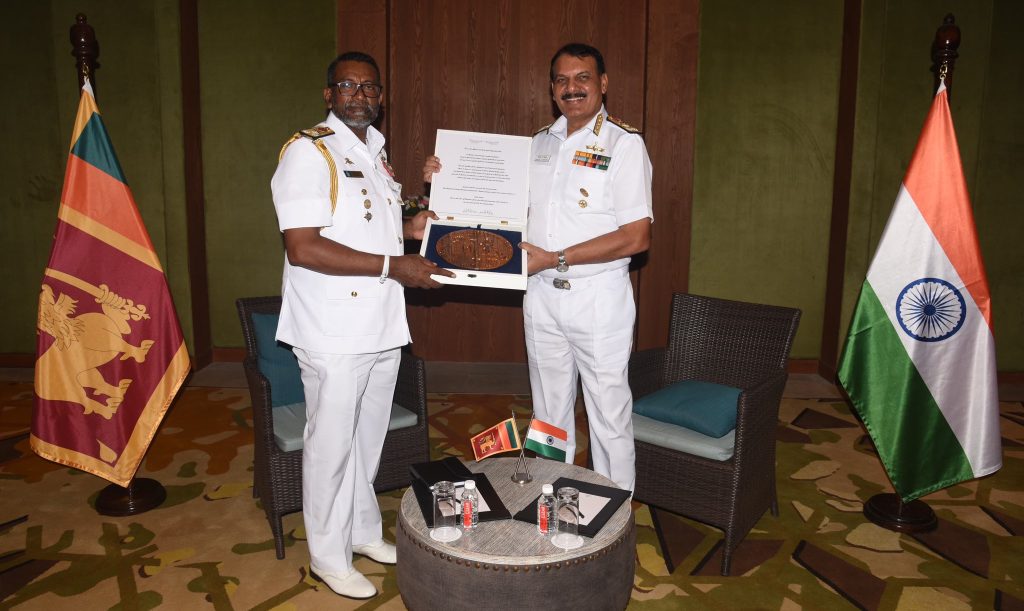The CDS (Combined Defence Services) Exam, conducted by the Union Public Service Commission (UPSC), is one of the most prestigious exams for candidates aspiring to join the Indian Military Academy, Indian Naval Academy, Air Force Academy, and Officers’ Training Academy. The CDS 1 2024 exam, which took place on April 21, 2024, has attracted significant attention from defense aspirants across the country. In this article, we will provide a comprehensive analysis of the CDS 1 2024 question paper, including the difficulty level, good attempts, and topic-wise questions asked.
CDS 1 2024 Exam Analysis: Difficulty Level
The CDS exam consists of three sections: English, General Knowledge, and Elementary Mathematics. Let’s analyze the difficulty level of each section based on feedback from candidates who attempted the exam.
English Section
The English section of the CDS 1 2024 question paper is designed to assess candidates’ proficiency in the language. It covers various topics such as antonyms, sentence improvement, comprehension, synonyms, and word substitution.
The CDS 1 2024 English paper is considered one of the toughest English papers in the history of the CDS exam. It included more questions across a greater number of topics than usual and introduced several new subjects that had never appeared in a defense exam before. The English section usually covers 12 topics, but this time it extended to 16 topics, with 5 entirely new to most candidates.
The ‘Matching List’ section presented a challenging twist, incorporating Latin and French terms, making it difficult for aspirants to deduce the correct meanings. Similarly, the ‘Adaptation of Borrowed Words’ topic demanded a sophisticated understanding of words borrowed from other languages. The ‘Use of Phrasal Verbs’ section, in a fill-in-the-blank format, proved tricky for those not well-versed in phrasal verbs.
The ‘Commonly Used Words’ segment required not just vocabulary knowledge but also an understanding of context and correct usage within sentences. The ‘Correlating Sentences’ section leaned more towards logical deduction and syllogism, rather than grammar or vocabulary, adding to the overall complexity of the paper.
Among the recurring topics, ‘Antonyms’ and ‘Ordering of Sentences’ were moderately difficult, while ‘Fill in the Blanks’, ‘Idioms & Phrases’, ‘Synonyms’, ‘Ordering of Words in a Sentence’, ‘Prepositions & Determiners’, ‘Spotting Errors’, and ‘Word Classes’ were relatively easier. The ‘Usage of Paired Words’, which previously appeared only once in CDS 2 2022, returned in this paper.
The ‘Passages’ (formerly known as ‘Comprehension’) contained two passages with moderate difficulty and five questions each. Overall, the CDS 1 2024 English paper presented a significant challenge even for those with an advanced vocabulary, requiring a deeper understanding of the English language and its nuances.
| Topic | No. of Questions |
|---|---|
| Matching List | 5 |
| Adaptation of Borrowed Words | 5 |
| Use of Phrasal Verbs | 5 |
| Commonly Used Words | 5 |
| Antonyms | 5 |
| Fill in the Blanks | 10 |
| Idioms & Phrases | 5 |
| Synonyms | 5 |
| Correlating Sentences | 5 |
| Usage of Paired Words | 10 |
| Ordering of Words in a Sentence | 10 |
| Ordering of Sentences | 10 |
| Prepositions & Determiners | 10 |
| Spotting Errors | 10 |
| Word Classes | 10 |
| Passages | 10 |
General Knowledge Section
The General Knowledge section of the CDS exam focuses on a wide range of subjects, including economics, physics, current affairs, politics, history, defense, awards, and geography. The difficulty level of the General Knowledge section for the CDS 1 2024 exam will be updated soon.
| Topic | Questions |
|---|---|
| Physics | 5 |
| Chemistry | 11 |
| Biology | 11 |
| Geography | 17 |
| History | 24 |
| Polity | 11 |
| Economy | 16 |
| Static, CA & Defence | 25 |
| Total | 120 |
The table above provides a breakdown of the CDS 1 2024 General Knowledge question paper by topic and the number of questions for each category. Let’s analyze the distribution to understand the focus areas and identify which subjects carry more weight.
Overview of the Topics
- Physics: With only 5 questions, physics has the least representation among all topics. This suggests that the focus on this subject is minimal, and candidates may not need to spend excessive time on detailed physics topics.
- Chemistry: Chemistry has 11 questions, indicating a moderate level of importance. Candidates should have a basic understanding of chemical concepts but not necessarily in-depth knowledge.
- Biology: Like chemistry, biology also has 11 questions, emphasizing the need for a general understanding of biological concepts. This reinforces the balanced approach towards science-related questions in this section.
- Geography: With 17 questions, geography is relatively significant. This includes both physical and political geography, suggesting candidates should be familiar with a range of topics within this subject.
- History: At 24 questions, history has one of the highest representations in the paper. This indicates a strong focus on historical events, periods, and key figures. Candidates should concentrate on Indian history and the Indian freedom struggle, as these are often central to the CDS exam.
- Polity: Like biology and chemistry, polity has 11 questions, underscoring the need to understand the Indian political system and constitution.
- Economy: With 16 questions, the economy is an important topic, suggesting candidates should have a basic understanding of economic principles and trends.
- Static, Current Affairs (CA) & Defence: The highest representation at 25 questions, showing the importance of staying updated with current events, defense-related topics, and general knowledge. This is a critical area where candidates can score high by keeping up with the latest news and developments.
Elementary Mathematics Section
The Elementary Mathematics section tests candidates’ mathematical aptitude. It covers topics such as arithmetic, algebra, geometry, mensuration, trigonometry, and statistics. The difficulty level of the Elementary Mathematics section for the CDS 1 2024 exam will be updated soon.
CDS 1 2024 Exam Analysis: Number of Good Attempts
The number of good attempts in the CDS 1 2024 exam refers to the number of questions that candidates were able to answer correctly. Based on the feedback from test-takers, we will update the analysis of good attempts for each section soon.
English Section
The number of good attempts in the English section of the CDS 1 2024 exam will be updated soon.
General Knowledge Section
The number of good attempts in the General Knowledge section of the CDS 1 2024 exam will be updated soon.
Elementary Mathematics Section
The number of good attempts in the Elementary Mathematics section of the CDS 1 2024 exam will be updated soon.
CDS 1 2024 Exam Analysis: Topic-Wise Questions
To provide a comprehensive understanding of the CDS 1 2024 question paper, let’s analyze the topic-wise distribution of the questions asked in each section.
Mathematics Section
The Mathematics section of the CDS 1 2024 exam focuses on various mathematical concepts. The table below presents the topic-wise distribution of questions in the Elementary Mathematics section:
| Topics | Number of Questions |
|---|---|
| To be updated | To be updated |
English Section
The English section of the CDS 1 2024 question paper covers a wide range of topics. The table below presents the topic-wise distribution of questions in the English section:
| Topic | No. of Questions |
|---|---|
| Matching List | 5 |
| Adaptation of Borrowed Words | 5 |
| Use of Phrasal Verbs | 5 |
| Commonly Used Words | 5 |
| Antonyms | 5 |
| Fill in the Blanks | 10 |
| Idioms & Phrases | 5 |
| Synonyms | 5 |
| Correlating Sentences | 5 |
| Usage of Paired Words | 10 |
| Ordering of Words in a Sentence | 10 |
| Ordering of Sentences | 10 |
| Prepositions & Determiners | 10 |
| Spotting Errors | 10 |
| Word Classes | 10 |
| Passages | 10 |
General Knowledge Section
The General Knowledge section of the CDS 1 2024 exam encompasses various subjects. The table below presents the topic-wise distribution of questions in the General Knowledge section:
| Topic | Questions |
|---|---|
| Physics | 5 |
| Chemistry | 11 |
| Biology | 11 |
| Geography | 17 |
| History | 24 |
| Polity | 11 |
| Economy | 16 |
| Static, CA & Defence | 25 |
| Total | 120 |
CDS 1 2024 Exam Overview
To provide candidates with a comprehensive overview of the CDS 1 2024 exam, let’s gather essential information about the recruiting body, vacancies, exam date, selection process, and official website.
- Recruiting Body: Union Public Service Commission
- Exam Name: CDS 1 2024 exam
- Vacancies: 457
- CDS Exam Date 2024: April 21, 2024
- Selection Process: Written Test and Interview
- Official Website: upsc.gov.in
CDS 1 2024 Exam Pattern
Understanding the exam pattern is crucial for candidates preparing for the CDS 1 2024 exam. The exam pattern provides valuable insights into the structure of the exam, the number of sections, maximum marks, and other essential details. Let’s take a look at the exam pattern for the CDS 1 2024 exam:
For Admission to the Indian Military Academy, Indian Naval Academy, and Air Force Academy:
| Subject | Duration | Maximum Marks |
|---|---|---|
| English | 2 Hours | 100 |
| General Knowledge | 2 Hours | 100 |
| Elementary Mathematics | 2 Hours | 100 |
For Admission to the Officers’ Training Academy:
| Subject | Duration | Maximum Marks |
|---|---|---|
| English | 2 Hours | 100 |
| General Knowledge | 2 Hours | 100 |
CDS 1 2024 Expected Cut Off
The expected cut-off marks for the CDS 1 2024 exam play a vital role in determining candidates’ chances of qualifying for the next round. Several factors, including the number of exam-takers, vacancies, difficulty level, category, and candidates’ performance, are considered when determining the cut-off marks. Candidates must score marks higher than or equal to the cut-off to proceed to the next round.
Conclusion
In conclusion, the CDS 1 2024 question paper analysis provides valuable insights into the difficulty level, good attempts, and topic-wise distribution of questions in each section of the exam. By understanding these aspects, candidates can assess their performance, identify areas of improvement, and strategize their preparation accordingly. Aspirants should regularly check the official website and stay updated with the latest information regarding the CDS 1 2024 exam. With thorough preparation and dedication, candidates can increase their chances of success and embark on a rewarding career in the defense services.

